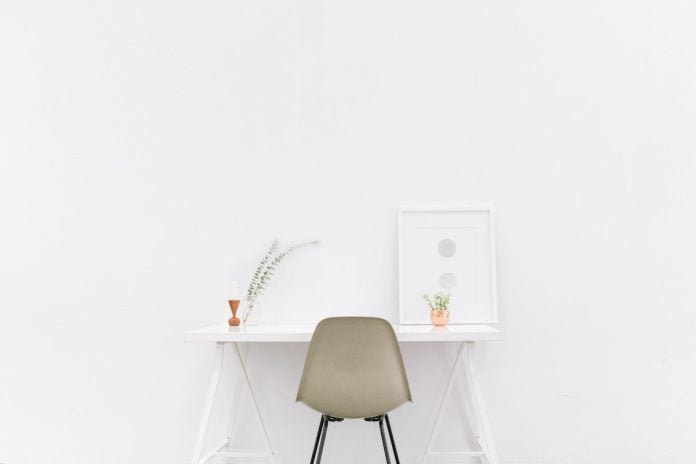Crafting a Productive Study Space: Top 5 Design Tips for Students
Creating an effective and conducive study space is essential for students seeking academic success. A well-designed study environment can significantly impact concentration, motivation, and productivity. Remember that the key is to strike a balance between functionality and personalization to create a space that inspires and supports your learning journey. In this article, we will explore the top five design tips for crafting a productive study space that promotes focus and enhances learning.
Incorporate Technology Thoughtfully
In the digital age, technology is an integral part of studying. Numerous students utilize online resources such as an essay writing service to get their academic papers written and more. However, technology’s presence should be managed thoughtfully to prevent it from becoming a distraction. Position your computer or laptop to minimise glare and reflections on the screen, allowing for comfortable and focused screen time.
Consider using noise-canceling headphones to block external sounds, especially in busy or noisy environments. Organize your study materials and digital files systematically to reduce the time spent searching for resources. By incorporating technology mindfully, you can harness its benefits without compromising your ability to concentrate.

Optimize Lighting
One of the fundamental elements that can greatly influence the effectiveness of a study space is lighting. Natural light is ideal, so if possible, position your study area near a window. Natural light helps reduce eye strain and enhances alertness, creating a more comfortable and refreshing atmosphere.
In cases where natural light is limited, invest in good-quality artificial lighting. Choose LED or daylight bulbs that mimic natural light, improving concentration and reducing the risk of eye fatigue. Consider adjustable lighting fixtures to control the intensity and direction of light, allowing you to customize the illumination based on your study needs.
Choose Ergonomic Furniture
The furniture in your study space is crucial to your comfort and overall well-being during study sessions. Invest in an ergonomic chair that properly supports your back and promotes good posture. A comfortable chair can prevent discomfort and distractions, allowing you to focus on your studies for longer periods.
Additionally, consider the height and design of your desk. Ensure it is spacious enough to accommodate your study materials, such as textbooks, notebooks, and a laptop. A clutter-free workspace contributes to a more organized mind, making concentrating on the task at hand easier.
Personalize and Minimize Distractions
Customizing your study space to reflect your personality and preferences can make it a more inviting and inspiring environment. Decorate the space with motivational quotes, artwork, or plants that add a touch of vibrancy without being overly distracting. Choose colors that promote a sense of calm and focus, such as blues, greens, or neutrals.
On the other hand, it’s crucial to minimize potential distractions. Keep your study space clean and organized, removing unnecessary items that may divert your attention. Turn off or silence your phone to prevent notifications from disrupting your concentration.

Create a Comfortable Atmosphere
The overall atmosphere of your study space can significantly impact your mood and productivity. Pay attention to temperature and ventilation to ensure a comfortable environment. Adequate ventilation prevents stuffiness while maintaining a moderate temperature contributes to a more pleasant study experience.
Introduce elements that promote relaxation, such as a comfortable rug or cushions, to make the space inviting. Consider incorporating background music or white noise if it helps you concentrate, but choose sounds that are not too distracting.
Final Thoughts
Crafting a productive study space is a personalized journey that requires attention to detail and consideration of individual preferences. You can design a study environment that enhances focus and facilitates academic success by optimizing lighting, choosing ergonomic furniture, personalizing your space, incorporating technology thoughtfully, and creating a comfortable atmosphere.





